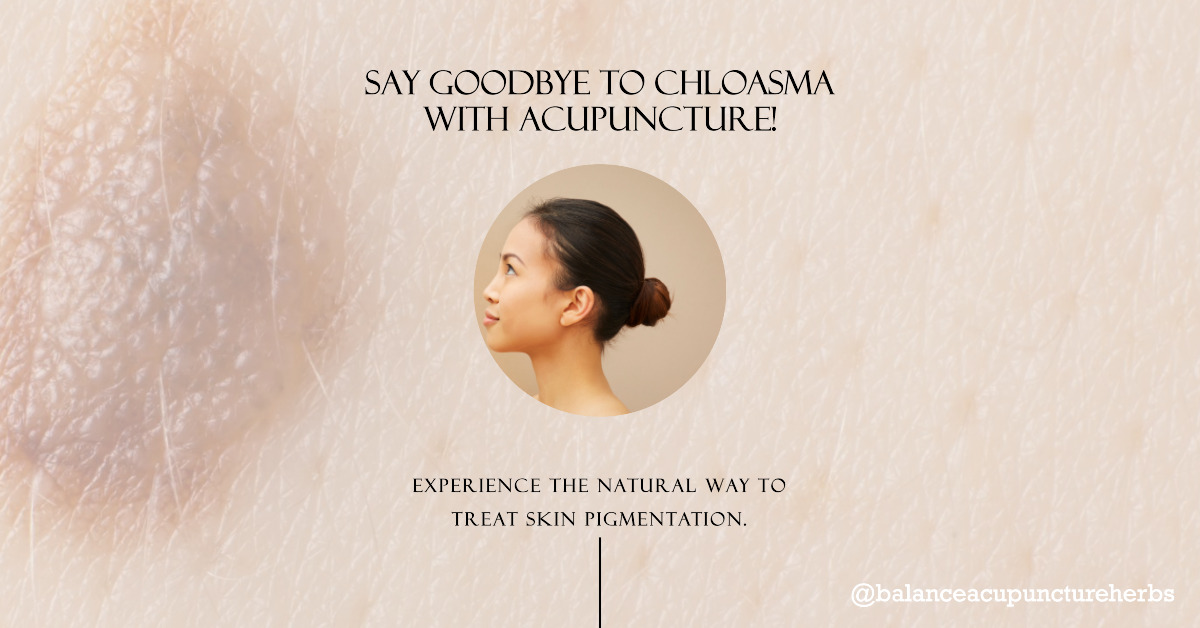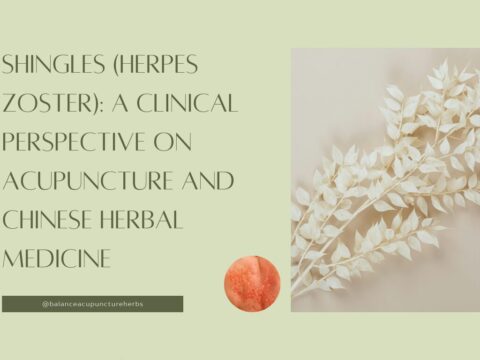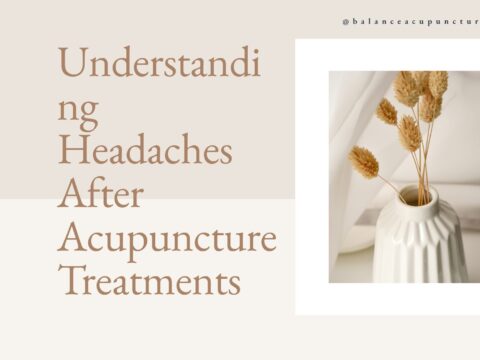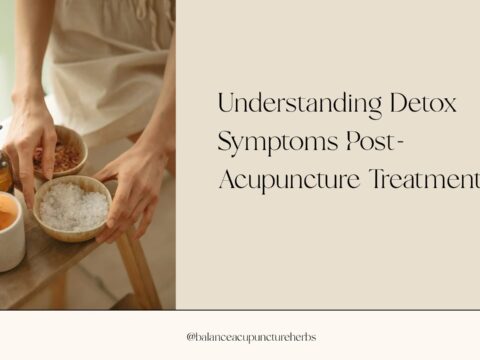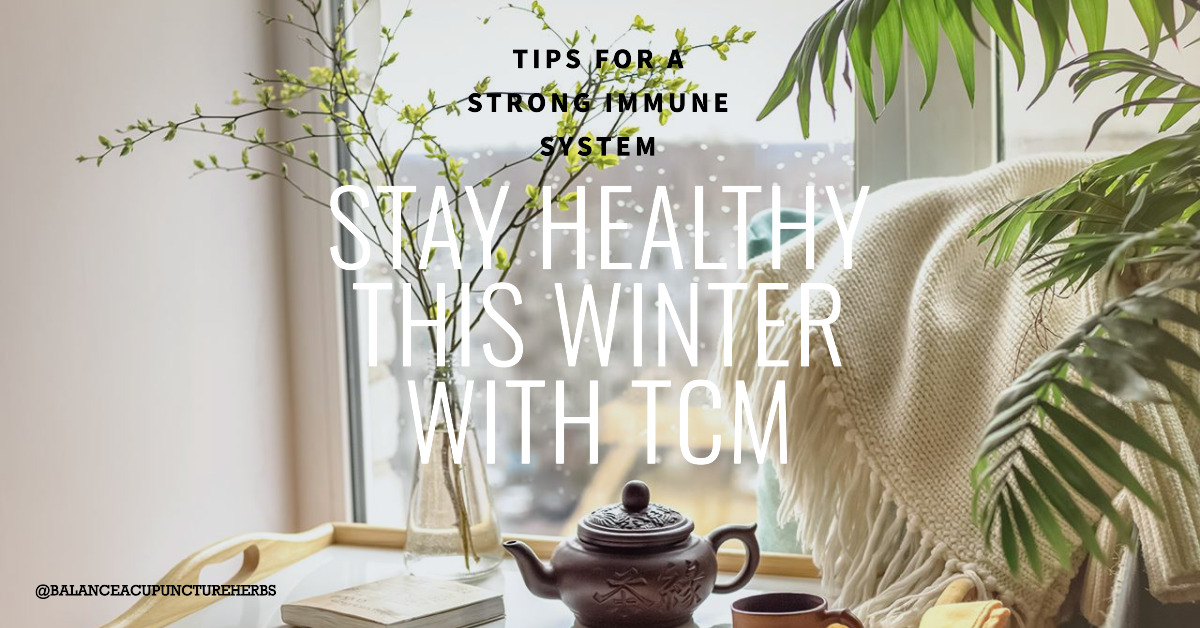
Winter Health Tips in TCM
October 29, 2023
Acupuncture Services
October 8, 2024|
Getting your Trinity Audio player ready...
|
Acupuncture and Herbal Medicine for Chloasma:How Traditional Chinese Medicine Can Help You Fade the Dark Spots on Your Face
What is chloasma?
Chloasma, also known as melasma or the mask of pregnancy is a skin condition that causes brown patches on the face or other sun-exposed areas. It is more prevalent in women, particularly those who are pregnant or taking hormones, and in individuals with darker skin tones. Although it is not harmful, it can impact one’s appearance and self-confidence. The exact cause of chloasma is not well understood, but it is believed to be linked to the overproduction of melanin, the pigment that gives color to the skin, hair, and eyes. Some factors that may trigger or exacerbate chloasma include:
- Sun exposure stimulates melanin production.
- Hormonal changes, such as during pregnancy, oral contraceptive use, or hormone replacement therapy.
- Genetic predisposition, as some people may inherit a tendency to develop chloasma.
- Medications or cosmetics that make the skin more sensitive to sunlight.
Chloasma is a skin condition that causes the appearance of symmetrical, irregular, light-to-dark brown patches on the face, particularly on the cheeks, forehead, nose, upper lip, and chin. Sometimes, it can also affect other areas, such as the neck, chest, and arms. The color of the patches can vary from tan to brown to blue-gray, depending on the depth of the pigment in the skin. Although chloasma does not cause symptoms like itching, pain, or inflammation, it can be unpleasant for some people.
Acupuncture for chloasma?
Acupuncture is a technique used in traditional Chinese medicine in which thin needles are inserted into specific points on the body to balance the flow of qi or vital energy. It is effective in treating various skin disorders, including chloasma, characterized by brown patches on the face or other sun-exposed areas. Acupuncture can help regulate hormones, improve blood circulation, and reduce inflammation and stress, all of which can contribute to chloasma.
Recent studies have found that combining acupuncture with auricular acupressure, where pressure is applied to ear points, can be even more effective in treating chloasma. Auricular acupressure stimulates the associated organs and meridians through the ear, thus enhancing the effects of acupuncture. Moreover, patients can also perform auricular acupressure at home to increase the duration and frequency of their treatment for chloasma.
The procedure typically involves one or two weekly sessions for 10 to 20 treatments. The results may vary depending on the individual’s overall health condition, lifestyle, and adherence to the treatment schedule. While acupuncture is generally safe, minor side effects may be bruising, bleeding, or soreness. It is important to note that acupuncture is not suitable for individuals with bleeding disorders, infections, or pacemakers.
Chinese herbal medicine for chloasma?
Chinese herbal medicine is a form of traditional medicine to treat various illnesses and health conditions. In the case of treating chloasma, Chinese herbal medicine is based on the belief that an imbalance in the body’s qi (vital energy), blood, yin, and yang, especially in the liver, spleen, and kidney, causes the condition. Chinese herbal medicine aims to restore balance and harmony to these factors by eliminating heat and toxins from the skin. Depending on the individual’s constitution, symptoms, and diagnosis, many different formulas and prescriptions for Chinese herbal medicine can be used to treat melasma.
TCM is a holistic therapy that can address chloasma’s root cause and manifestation. To try TCM for chloasma, schedule an appointment with us. BOOK
Reference:
Tang L, Xian J, Zhang Y, Zhang C, Yu H, Tan Q, Zhang X. Efficacy of acupuncture for melasma: A protocol of systematic review and meta-analysis. Medicine (Baltimore). 2021 Dec 17;100(50):e28298. doi: 10.1097/MD.0000000000028298. PMID: 34918707; PMCID: PMC8678063.
Wu X, Xiang Y. The Effects of Acupuncture Combined with Auricular Acupressure in the Treatment of Chloasma. Evid Based Complement Alternat Med. 2018 Apr 22;2018:6438458. doi: 10.1155/2018/6438458. PMID: 29849716; PMCID: PMC5937619.

